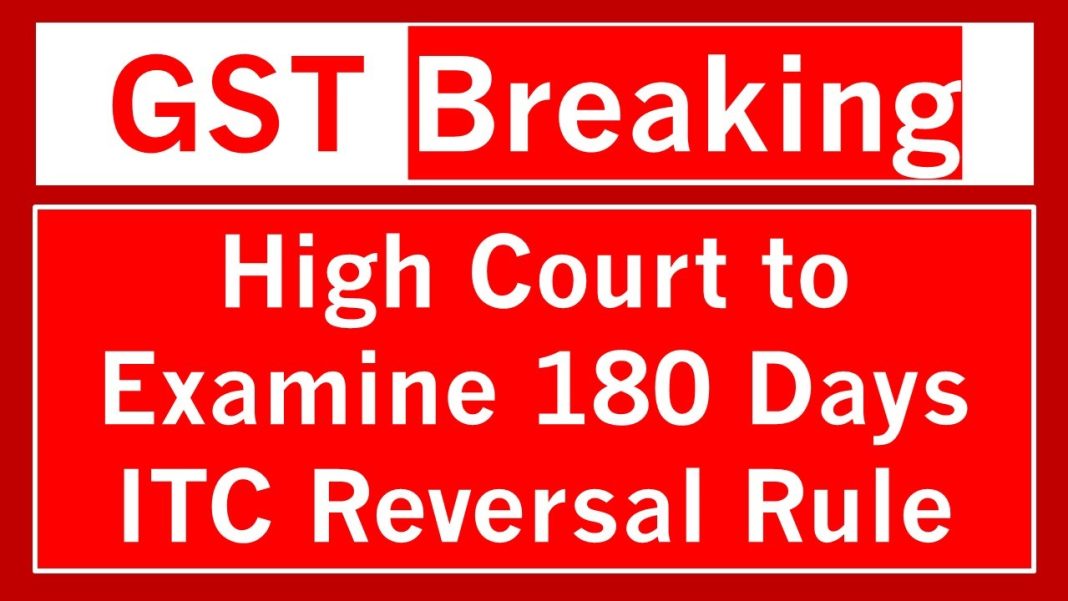Gujarat High Court Examines GST ITC Reversal Within 180 Days Rule
The Gujarat High Court is now examining the constitutional validity of a GST rule that mandates the reversal of Input Tax Credit (ITC) if the payment to the supplier is not made within 180 days.
Recently, a petitioner, Priya Blue Industries Pvt. Ltd filed a writ before the Gujarat High Court to challenge the constitutional validity of Section 16(2), 2nd and 3rd provisos of the GST Act.
Under the GST law, businesses can claim Input Tax Credit (ITC) on taxes paid for goods and services used in their business. The credit helps to prevent the cascading effects of taxes, also known as taxes on taxes. The ITC also helps the business reduce its overall tax burden. However, Section 16(2) sets out conditions to claim the ITC. One of these conditions includes a 180-day payment rule, which says that if the recipient does not pay the supplier within 180 days of the invoice date, the ITC claimed must be reversed with interest.
The petitioner has argued that this rule restricts the commercial freedom of businesses, disrupts their working capital, and imposes arbitrary conditions on the availing of ITC. The petitioner contended that many businesses usually have credit periods that are more than 180 days. It was submitted that the credit period beyond 180 days is commercially allowed and therefore, the provision that restricts the business from reversing ITC with interest even when longer credit periods are contractually agreed upon is against the law.
It was claimed that the 180-day rule violates Article 19(1)(g) of the Constitution. The petitioner argued that the provisos result in cascading effects and go against the GST’s aim of promoting seamless credit flow.
The Court observed that the issue is significant and needs detailed scrutiny. The government has sought the government’s response. While the revenue department defended the intent behind the provision, it also accepted that this issue needs further examination.



